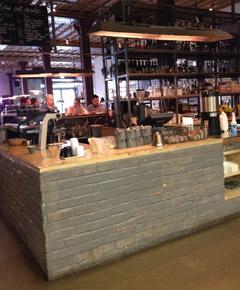Food
How to make the perfect coffee
by Lucy Jessop
If, like me, you're a coffee fiend (and regularly take a 15-minute detour in your quest for a decent cup of takeaway coffee) then you might want to check out the 'Coffee Cupping and Home Brewing' workshop run by experts at London's Caravan Kings Cross restaurant, bar and coffee roastery. We went along to the workshop run by Steve, Head of Quality at Caravan Coffee Roasters, to get insider knowledge on how to make the perfect brew. As always, it's the little things that make the difference...
1. Origin, quality and seasonality of coffee beans
• Just like wine and its grape varieties, the flavour of a cup of coffee can vary dramatically depending on where the beans were grown and the expertise of the growers.
• We tasted coffee from all over the globe – from Guatemala and Colombia in Central and South America, to Kenya in East Africa and East Timor near Indonesia in Southeast Asia – each one tasted surprisingly different and had its own unique flavour profile.
• Coffee is also seasonal, meaning that beans grown in different climates are at their best at different times of the year.
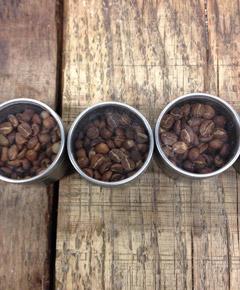
2. Make sure it's fresh
• After the coffee beans are roasted, they are at their best from days three to 16 – after this, the flavour will start to deteriorate.
• It's better to buy whole roasted beans, rather than ready-ground coffee, as it has a longer shelf life.
3. Coarse or finely ground?
• Espresso-based coffee made in a machine, AeroPress or Italian stove-top coffee pot is made quickly and under pressure, and therefore you need to use finely ground coffee in order to get the best flavour.
• If you're making coffee using a full immersion brewing method, such as in a cafetière, filter or Clever Coffee Dripper, the coffee should be more coarsely ground as it has a longer brew time.
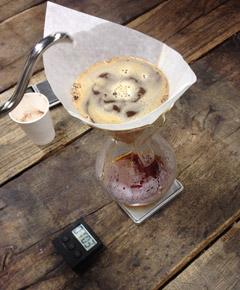
4. Temperature of the water
• It's best to use water that is slightly off the boil – about 90-96°C is the optimum temperature for brewing, and it should be no lower than 88°C.
• You don't need a thermometer to do this – simply boil the kettle, then leave it sit for a couple of minutes before pouring into your cafetière. Boiling hot water can make coffee taste bitter.
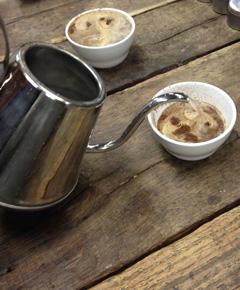
5. Brew time
• If you're making filter coffee using a cafetière, allow it to brew for 3-4 minutes before plunging. This gives the coffee the chance to impart as much flavour as possible.
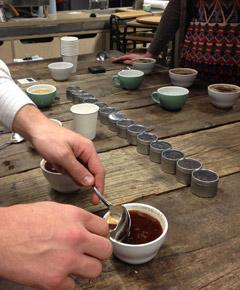
6. Strength of your brew
• This is very much personal preference, but for filter coffee, the average ratio of coffee to water is 6g (1 heaped tablespoon) per 100ml water.
• If you prefer it stronger, opt for espresso-based coffee where the ratio is roughly 20g per 40ml water.
The Coffee Cupping and Home Brewing workshop runs on selected Saturday mornings at Caravan's in-house coffee roastery at their King's Cross restaurant. It costs £40 per person.
